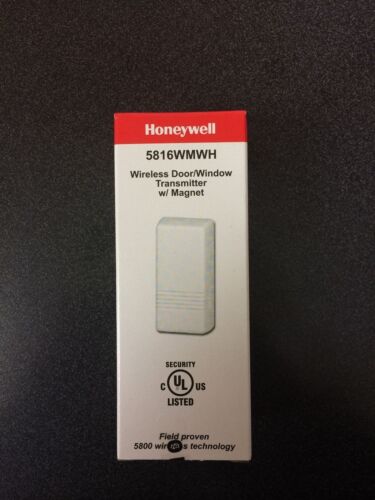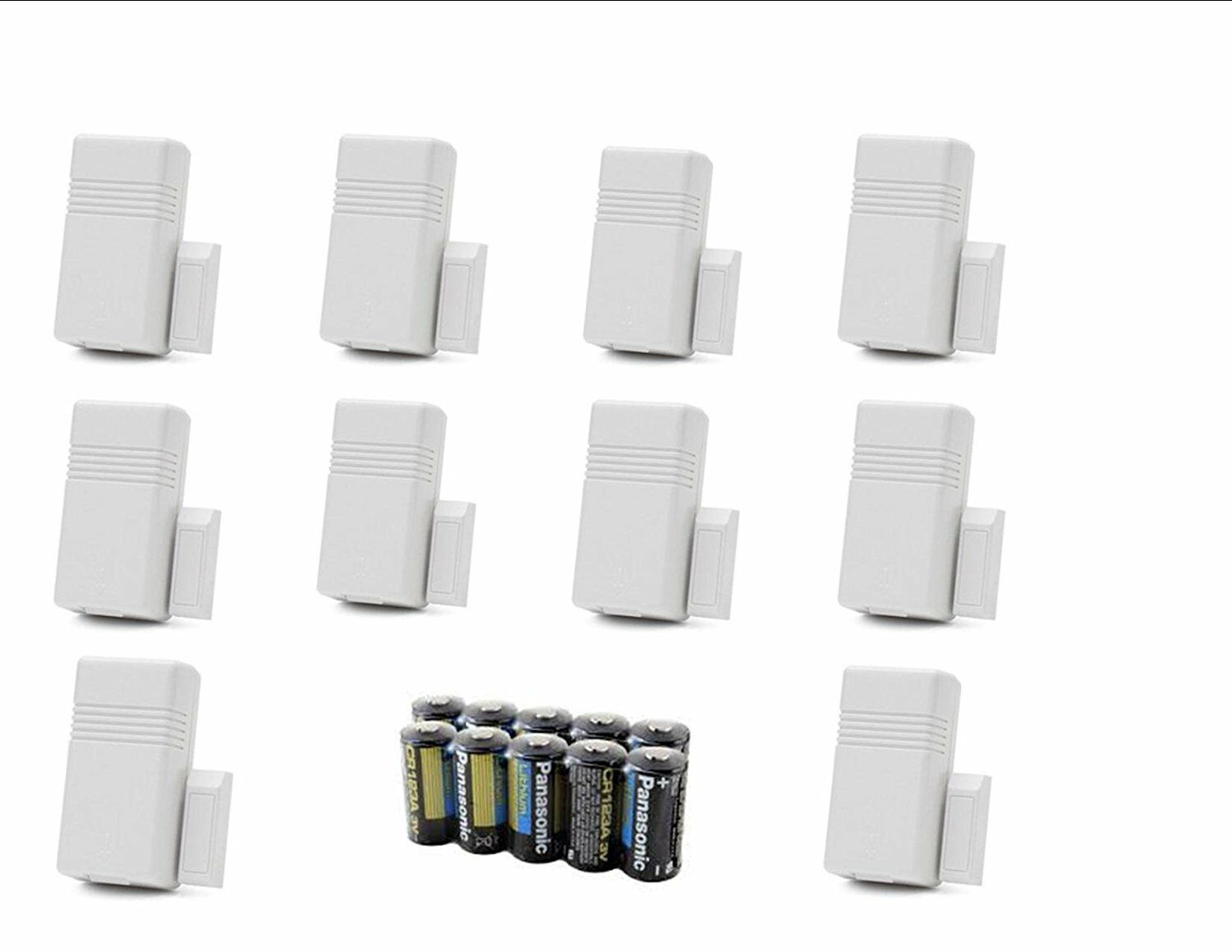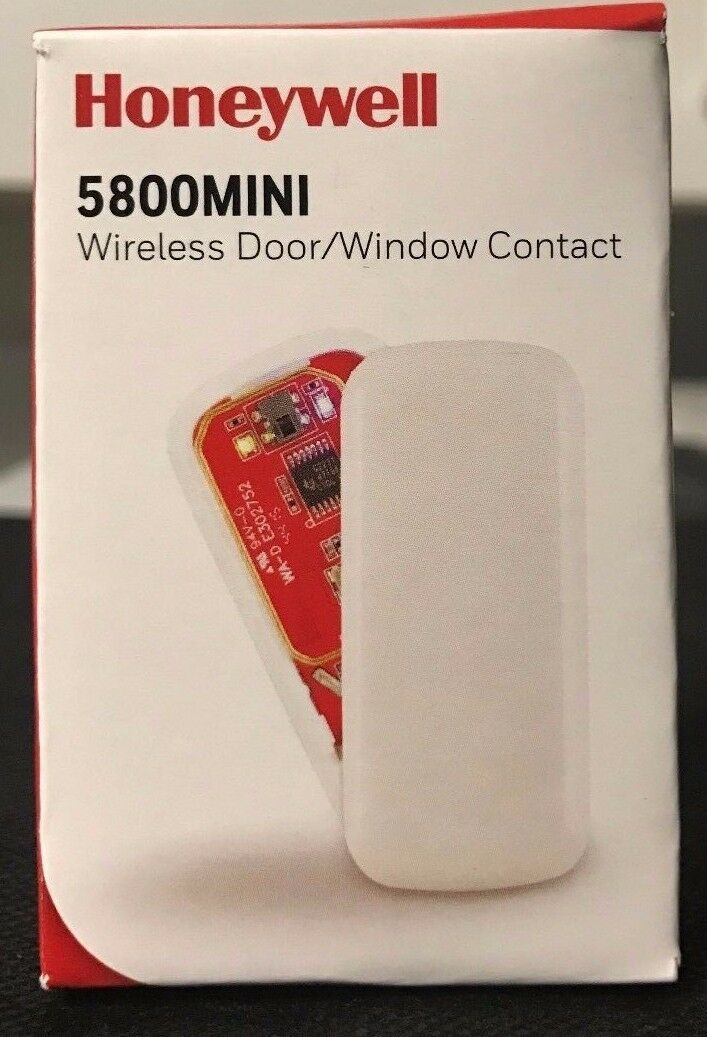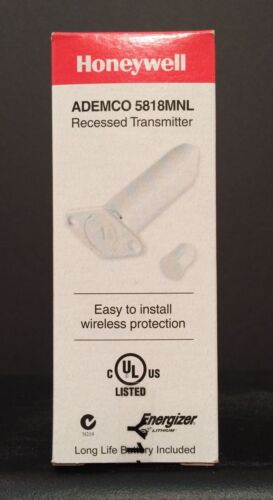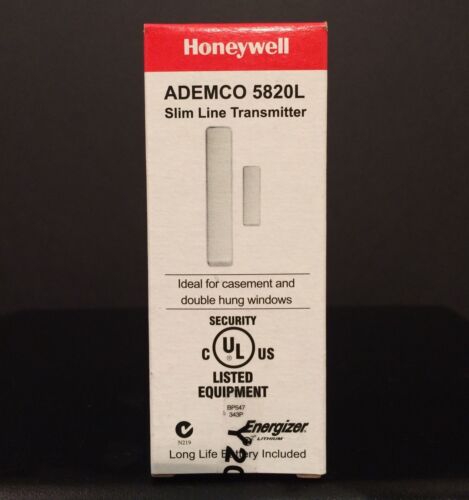-40%
2000M Long Range 4CH 110V or 220V AC Power Output Remote Control Kit - Learning
$ 50.16
- Description
- Size Guide
Description
00205272000M Long Range 4CH 110V or 220V AC Power Output Remote Control Kit - Learning Code
Model: 0020222
Package Include:
1 x Receiver:
S4X-AC220-ANT3
1 x Transmitter: CB-4
1 x User manual
Feature:
Application: It can be used in industry automation, agriculture automation and home automation, such as factory, house, farm, pasture, vehicle, ship, offshore operation, aerial vehicle, field call, etc. It can remote control equipments on land, water and air, such as remote control lights, sirens, locks, motors, fans, winches, blinds, linear actuators, doors, windows, electric solenoid valves, security alarm, business signs and various devices.
Wireless control, easy to install.
Waterproof: The receiver has waterproof case and waterproof connector, it can be installed outdoors.
Universal input: Support voltage of AC110V (100V~120V), widely used in US, Canada... and voltage of AC220V (200V~240V), used in UK, France...
AC Power Output: It can control AC equipment with voltage 110V / 120V / 220V / 240V AC.
Each channel can work at maximum current 10A, such as 120W/12V, 60W/6V, 90W/9V, 240W/24V, 1100W/110V, 2200W/220V.
With wired control terminals: You can connect sensors, limit switches, manual switches or external devices to control the receiver.
With the external antenna, it can have a further working range.
You can turn on/ off the receiver with transmitter (remote control) from any place within a reliable distance.
Wireless RF signal can pass through walls, floors, doors or windows.
With reverse power protection and over current protection.
Reliable control: The receiver only works with the transmitter which use same code.
One/several transmitters can control one/several receivers simultaneously.
You can use two or more units in the same place.
Working Range:
With a transmitter (such as CB-4) to form a complete set, the maximum working distance can reach 100M in an open ground.
The maximum working distance is a theoretical data, it shall be operated in an open ground, no barriers, no any interference. But in the practice, it will be hindered by trees, walls or other constructions, and will be interfered by other wireless signals. Therefore, the actual distance may not reach this maximum working distance.
If you want to have a further working range, you can install an external antenna to the receiver, and you also can use a powerful transmitter, such as CB series transmitters.
Receiver:
Model No.: S4X-AC220-ANT3
Power Supply (Operating Voltage): AC100~240V (110V/120V/220V/240V)
Output: AC100~240V (110V/120V/220V/240V)
Working Frequency: 315MHz / 433MHz
Channel: 4 CH
Control Modes: Toggle, Momentary, Latched, Momentary + Toggle
Static Current: ≤6mA
Maximum Working Current: 10A / each channel
PCB size: 140mm x 73mm x 18mm
Case size: 192mm x 100mm x 45mm
Transmitter:
Model No.: 0021026 (CB-4)
Channel/Button: 4
Button Symbol: A, B, C, D
Operating Voltage: 12V (1 x 6F22 -9V battery, can be used for 12 months)
Operating Current: 30mA
Operating Frequency: 315Mhz / 433Mhz
Encoding Chip: PT2262 / PT2264 / SC2262
Encoding Type: Fixed code by soldering, up to 6561 codes
Transmitting Distance: 1000m / 3000ft (theoretically)
Modulation Mode: ASK
Operating Temperature: -20 ° C to +70 ° C
Unit Size: 135mm x 42mm x 25mm Weight: 95g
External Telescopic Antenna:
Length of external telescopic antenna: 108mm / 445mm (stretch)
With SMA connector.
If you stretches the external telescopic antenna, it can have a further working range.
Matching Transmitters:
The receiver can work with different transmitters, such as model C-4 (100M), CWB-4 (50M, waterproof), CP-4 (500M), or CB-4 (1000M) etc.
Usage (with the transmitter CB-4):
The receiver can be used to control AC 110~240V equipments.
Wiring:
If you want to control the AC 110V/220V lamps, do as following:
1) Connect the live wire of AC power supply to terminal “L / +” of INPUT, and connect the neutral wire of AC power supply to terminal “N / -” of INPUT.
2) Connect one side of AC lamp to terminal "L / +" of OUTPUT, and connect another side of AC lamp to terminal "N / -" of OUTPUT.
Setting different control modes:
Setting different control modes (We have set the receiver as Toggle control mode before delivery. If you want to use other control modes, do as following):
1) Setting control mode Toggle: Only connect Jumper-2.
Control mode Toggle: Press -> On; Press again -> Off.
Press button 1: Terminals OUT1 outputs DC power, the lamp 1 is on. Press button 1 again: Terminals OUT1 stops outputting, the lamp 1 is off.
……
Press button 4: Terminals OUT4 outputs DC power, the lamp 4 is on. Press button 4 again: Terminals OUT4 stops outputting, the lamp 4 is off.
2) Setting control mode Momentary: Only connect Jumper-1.
Control mode Momentary: Press and hold -> On; Release -> Off.
Press and hold button 1: Terminals OUT1 outputs DC power, the lamp 1 is on. Release button 1: Terminals OUT1 stops outputting, the lamp 1 is off.
……
Press and hold button 4: Terminals OUT4 outputs DC power, the lamp 4 is on. Release button 4: Terminals OUT4 stops outputting, the lamp 4 is off.
3) Setting control mode Latched: Do not connect Jumper-1 and Jumper-2.
Control mode Latched: Press -> On, Press another button -> Off.
Press button 1: Terminals OUT1 outputs DC power, the lamp 1 is on, other 3 lamps are off.
Press button 2: Terminals OUT2 outputs DC power, the lamp 2 is on, other 3 lamps are off.
Press button 3: Terminals OUT3 outputs DC power, the lamp 3 is on, other 3 lamps are off.
Press button 4: Terminals OUT4 outputs DC power, the lamp 4 is on, other 3 lamps are off.
4) Setting control mode Momentary (Channel 1~2) + Toggle (Channel 3~4): Connect Jumper-1 and Jumper-2.
Press and hold button 1: Terminals OUT1 outputs DC power, the lamp 1 is on. Release button 1: Terminals OUT1 stops outputting, the lamp 1 is off.
Press and hold button 2: Terminals OUT2 outputs DC power, the lamp 2 is on. Release button 2: Terminals OUT2 stops outputting, the lamp 2 is off.
Press button 3: Terminals OUT3 outputs DC power, the lamp 3 is on. Press button 3 again: Terminals OUT3 stops outputting, the lamp 3 is off.
Press button 4: Terminals OUT4 outputs DC power, the lamp 4 is on. Press button 4 again: Terminals OUT4 stops outputting, the lamp 4 is off.
Wired control terminals:
The receiver has wired control terminals, you can connect external devices, sensors, or manual switches to control the receiver.
1) The manual switches:
You can connect manual switches to terminals “Signal-”, “Signal 1+”, “Signal 2+”, “Signal 3+”, “Signal 4+”, then you can use the manual switches to control the receiver.
When connect terminals “Signal 1+” and “Signal-”, Terminals OUT1 outputs DC power, the lamp 1 is on. And when disconnect “Signal 1+” and “Signal-”, Terminals OUT1 stops outputting, the lamp 1 is off.
When connect terminals “Signal 2+” and “Signal-”, Terminals OUT2 outputs DC power, the lamp 2 is on. And when disconnect “Signal 2+” and “Signal-”, Terminals OUT2 stops outputting, the lamp 2 is off.
When connect terminals “Signal 3+” and “Signal-”, Terminals OUT3 outputs DC power, the lamp 3 is on. And when disconnect “Signal 3+” and “Signal-”, Terminals OUT3 stops outputting, the lamp 3 is off.
When connect terminals “Signal 4+” and “Signal-”, Terminals OUT4 outputs DC power, the lamp 4 is on. And when disconnect “Signal 4+” and “Signal-”, Terminals OUT4 stops outputting, the lamp 4 is off.
2) Signal input:
You can connect external devices (with low level output signal) to terminals “Signal-”, “Signal 1+”, “Signal 2+”, “Signal 3+”, “Signal 4+”, then the external device’s output signal can control the receiver.
When the external device outputs low level signal to terminal “Signal –” and terminal “Signal 1+”, Terminals OUT1 outputs DC power, the lamp 1 is on. When the external device stops to output signal, Terminals OUT1 stops outputting, the lamp 1 is off.
When the external device outputs low level signal to terminal “Signal –” and terminal “Signal 2+”, Terminals OUT2 outputs DC power, the lamp 2 is on. When the external device stops to output signal, Terminals OUT2 stops outputting, the lamp 2 is off.
When the external device outputs low level signal to terminal “Signal –” and terminal “Signal 3+”, Terminals OUT3 outputs DC power, the lamp 3 is on. When the external device stops to output signal, Terminals OUT3 stops outputting, the lamp 3 is off.
When the external device outputs low level signal to terminal “Signal –” and terminal “Signal 4+”, Terminals OUT4 outputs DC power, the lamp 4 is on. When the external device stops to output signal, Terminals OUT4 stops outputting, the lamp 4 is off.
How to pair the transmitter to the receiver:
1) Press the learning button of receiver for 1- 2 seconds; signal LED on the receiver is on. The receiver enters into status of LEARNING.
2) Press any one button on transmitter. If signal LED flashes quickly 15 times and turns off, it means learning is successful. 】
3) When receiver is in the status of LEARNING, press again the button of receiver, signal LED turns off, learning process will be discontinued.
4) The receiver can learn several remote controls with different codes.
Delete all transmitters:
We have learned remote control to the receiver. If you don’t want the receiver to work with the remote control, you can delete all codes of remote controls, which are stored in the receiver.
Operation: Press and hold the button of receiver until signal LED flashes slowly; release the button, LED keeps slow flash. That means all stored codes have been deleted successfully.
Shipping:
Shipping methods: Ship to Worldwide by Airmail.
Delivery time: 10~25 working days (not including week-end and holiday).
We will ship the item to your shipping address of PayPal within 1~2 working days after clearance of payment.
Please contact us immediately if you want to change your shipping address. We are not responsible for wrong address.
We will inform you via Email when shipping your items.
Guarantee:
Guaranty: One year, if the products have any quality problem, we will resend the same unit to you by free, but you need to defray the postage.








